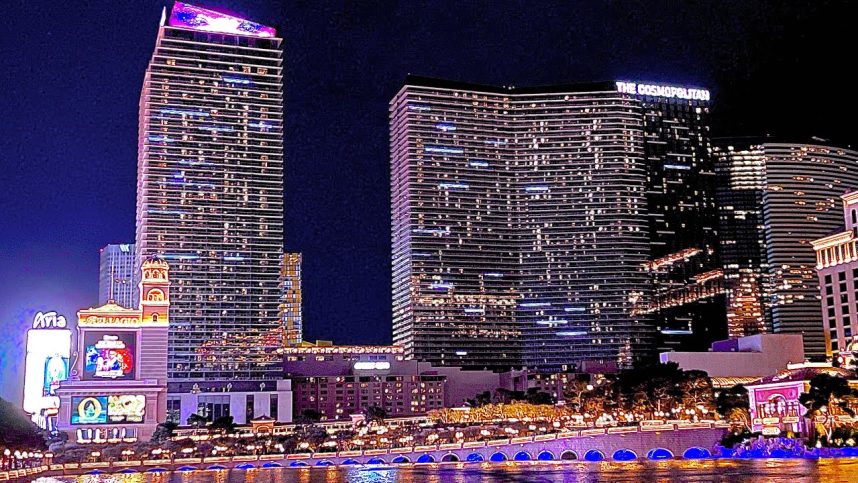MGM Most Added Consumer Cyclical Stock by Hedge Funds in Q2
Posted on: August 18, 2025, 12:50h.
Last updated on: August 18, 2025, 01:11h.
- 13F filings indicate MGM was a hedge fund favorite in Q2
- It was the most added consumer cyclical equity by those money managers
MGM Resorts International (NYSE: MGM) was the most added consumer discretionary stock by hedge funds in the second quarter, according to a Morgan Stanley analysis of Form 13F filings.

On the basis of active position change among hedge funds, ownership of MGM shares jumped 4.8% during the April through June period, noted the investment bank, good for the biggest increase among all consumer cyclical stocks owned by hedge funds.
For the Bellagio operator, that’s an impressive feat when considering hedge funds’ long-running affinity for gaming equities and the fact that second-quarter 13F filing season revealed some of those money managers significantly boosted stakes in MGM rivals. Some hedge funds initiated new stakes in gaming stocks in the June quarter while others departed or trimmed exposure to those names.
MGM was the only gaming stock among the top three consumer discretionary additions by hedge funds in the second quarter, while no wagering-related names were among the three largest hedge fund consumer cyclical reductions during that quarter, according to Morgan Stanley.
Hedge Funds Rewarded for MGM Bets
Like other casino stocks, MGM has, over various periods, been a favorite of hedge funds and special situation investors. Those market participants’ second-quarter wagers on the stock appear to have paid off.
Following a tariff-induced slide that compelled short sellers to flock to the shares, MGM closed at $25.79 on April 8, but the stock has since been on a torrid pace, ascending to $36.10 as of this writing. That despite weak second-quarter results on the Las Vegas Strip, where MGM is the largest operator, and expectations are for more of the same in the current quarter.
That overshadowed strength in the BetMGM segment and a resurgent gross gaming revenue (GGR) in Macau, but market observers have pointed out that while those are viable catalysts, the effects are tempered regarding MGM shares because the company owns just half of BetMGM and about 56% of MGM China.
Against the backdrop of weakness in Las Vegas, it can be argued that hedge funds made bold bets by embracing MGM in the second quarter. How many stuck with the stock in the current quarter won’t be known until the next 13F filing season commences late this year.
MGM Catalysts
Hedge funds are often discreet about why they buy and sell stocks, but in the case of MGM, it’s possible those money managers spotted second-quarter value in the name or the possibility of various catalysts taking shape.
As Jefferies analyst David Katz pointed out in a recent note, July weekend occupancy at MGM casino hotels was solid, and room upgrades at the MGM Grand on the Strip will be completed prior to the Las Vegas Grand Prix in October.
There’s also an above-average chance that the operator’s Empire City Casino in Yonkers, NY, will be granted approval to convert to a Las Vegas-style gaming venue when regulators there award three downstate licenses later this year.
No comments yet